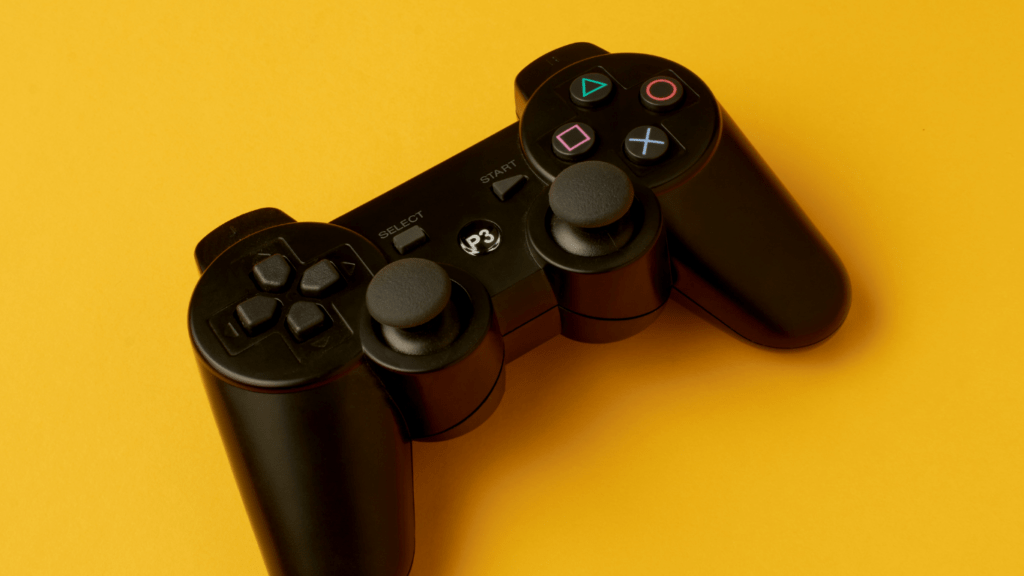When it comes to gaming, the choice between wired and wireless controllers can significantly impact your gameplay experience. As a seasoned gamer, I’ve delved into the realm of gaming controllers to uncover the best options available.
In this article, I’ll compare the pros and cons of wired and wireless gaming controllers to help you make an informed decision for your gaming setup. From reduced input lag to the convenience of untethered play, each type of controller offers unique benefits that cater to different gaming preferences.
With a focus on performance, comfort, and overall gaming experience, I’ll provide an in-depth review of the top wired and wireless gaming controllers on the market. Whether you’re a competitive gamer seeking precision or a casual player looking for flexibility, this comparison will guide you towards selecting the best gaming controller for your needs.
Overview of Gaming Controllers
As a seasoned gamer, when comparing wired and wireless gaming controllers, it is crucial to consider how these options impact gameplay. The choice between wired and wireless controllers can significantly influence your gaming experience, affecting factors such as input lag, convenience, performance, and comfort.
In this section, I will delve into the advantages and disadvantages of each type to help you make an informed decision for your gaming setup. Whether you’re a competitive gamer looking for precision or a casual player seeking flexibility, understanding the nuances of wired and wireless controllers is essential for optimizing your gaming performance.
Wired Gaming Controllers
When it comes to wired gaming controllers, there are distinct advantages and disadvantages worth considering.
- Reduced Input Lag: Wired controllers offer immediate responsiveness, minimizing input lag for precise gameplay.
- Stable Connection: With a physical connection, wired controllers ensure a stable and consistent connection to the gaming system.
- No Battery Concerns: Unlike wireless controllers, wired ones don’t require charging or battery replacement, allowing for uninterrupted gaming sessions.
- Potential Cable Hassles: One drawback of wired controllers is the possibility of cable tangling or limited range due to the physical connection.
Wireless Gaming Controllers
When considering wireless gaming controllers, it’s important to weigh the pros and cons to make an informed decision based on your gaming preferences.
Pros and Cons of Wireless Controllers
-
Pros
- Flexibility: Wireless controllers offer freedom of movement without being tethered to your gaming console, allowing for a more comfortable gaming experience.
- Convenience: The lack of cables reduces clutter and makes it easier to store and organize your gaming setup.
- Mobility: With no wires to restrict you, wireless controllers enable gameplay from various positions, providing a dynamic gaming experience.
- Aesthetics: Wireless controllers contribute to a cleaner and more visually appealing gaming environment.
- Latency: Wireless connections may introduce slight input lag, potentially affecting responsiveness during fast-paced gameplay.
- Battery Life: Unlike wired controllers that don’t require charging, wireless controllers need periodic recharge or battery replacement.
- Interference: Wireless signals can be susceptible to interference from other devices, leading to connectivity issues.
- Cost: Wireless controllers are generally more expensive than their wired counterparts, adding to the overall cost of your gaming setup.
Comparison of Wired vs. Wireless Gaming Controllers
Exploring the world of gaming controllers, let’s delve into the realm of wired versus wireless options. As a seasoned gamer, I’ve experienced the unique features and considerations of both types, essential for optimizing your gameplay experience.
Wired Gaming Controllers
Diving into the realm of wired gaming controllers, we encounter several distinct advantages. Firstly, wired controllers offer reduced input lag, ensuring immediate responsiveness with each command inputted. This lag reduction can significantly impact your gaming performance, particularly in fast-paced games where split-second reactions are crucial.
A stable connection is another standout feature of wired controllers, providing consistent performance without the potential risk of interference that wireless signals may face. This stability is essential for maintaining precision and accuracy during intense gaming sessions, offering reliability when every move counts.
Furthermore, the absence of battery concerns is a notable benefit of wired controllers. With a constant power source through the wired connection, gamers can enjoy uninterrupted gameplay without the need to pause and recharge, making them ideal for marathon gaming sessions or competitive play.
On the flip side, wired controllers may present some challenges, such as cable tangling issues that can hinder movement and lead to frustration during gameplay. Additionally, the physical connection limits the range of movement compared to wireless controllers, confining your gaming area to the length of the cord.
Wireless Gaming Controllers
Transitioning to wireless gaming controllers, we encounter a different set of features that cater to convenience and mobility. One of the key advantages of wireless controllers is the freedom of movement they offer, allowing gamers to play from various positions without being tethered to a console or PC.
This flexibility enhances the overall gaming experience, especially for those who value comfort and ease of use. The convenience of wireless controllers extends to their aesthetic appeal, providing a clutter-free gaming environment by eliminating the need for visible cables.
This sleek and modern design not only enhances the look of your gaming setup but also promotes a more organized and spacious gaming area. However, wireless controllers come with their own set of considerations.
Potential latency issues may arise, leading to delayed responses between controller inputs and on-screen actions, impacting gameplay precision in certain scenarios. Moreover, managing battery life becomes crucial with wireless controllers, as regular recharging or battery replacement is necessary to ensure uninterrupted gaming sessions.
Additionally, wireless controllers are more susceptible to signal interference, which can disrupt connectivity and cause input delays. Finally, the initial investment for wireless controllers is typically higher than their wired counterparts, reflecting the added features and technology that enable wireless functionality.
By understanding the nuanced differences between wired and wireless gaming controllers, you can make an informed decision based on your individual preferences and gaming requirements. Whether prioritizing responsiveness and stability or valuing flexibility and convenience, choosing the right controller type is essential for optimizing your gaming setup.





